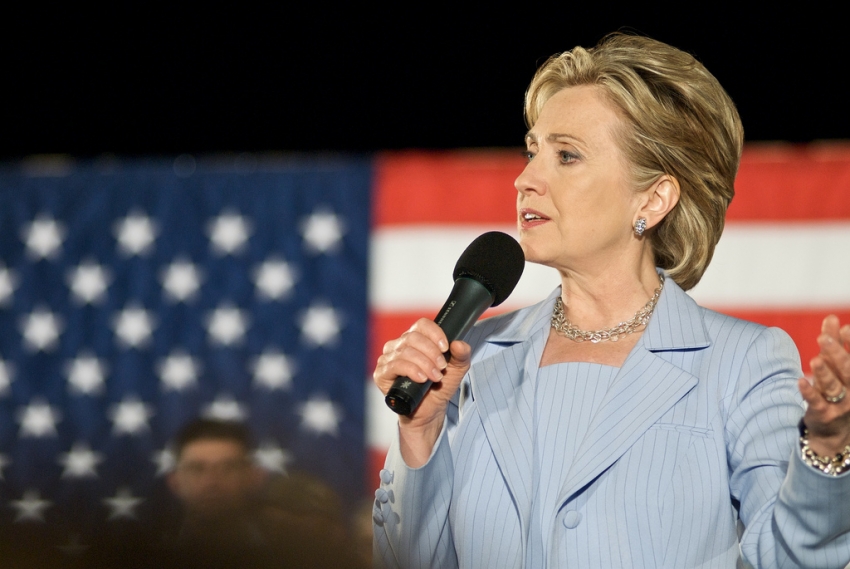The old traditional model of money's value made a direct correlate to value backed by work. You work so long or make a product that can be transformed into money. There was a distinct relationship since the days of barter systems and you can read Adam Smith's great book The Wealth of Nations.
This relation does not hold when you add the value of imaginary things like derivatives and credit default swaps (where more than one debtor expects reimbursement for losses ). Fractional banking was a start of the change but so long as there was a linear relationship the risk and rewards never veered too far away. Imaginary assets have made the relationship from money to work an exponential relationship. If you don't know what an exponent looks like, I can assure you what that means is it dilutes the value even faster, far faster than people imagine. When there is an exponential relationship there may be 1000 times as much loss compared to 1 hour of work. When something is 1/1000 in magnitude in relation it is practically (for all intents and practical purposes ) disconnected.
Imaginary assets that turn into profits are skimmed by the bankers and crumbs are given to shareholders. This all seems good capitalism. But when the bets don't come in, the results are worse than ever before. This is because the money isn't backed by an asset near the value of risked bet.
Imaginary assets that don't make a profit are simply rolled into other losses so they dilute the value of work even more. So the profits make it look like a great idea but the losses take a far larger amount of extra money from somewhere else (i.e. other work ) in order to compensate.
One of the biggest problems with the financial system is that they learned they could make more money faster disconnecting the value of money from tangible things like work and risk it on imaginary things like credit default swaps. Without regulation, they failed as many times as the won and in the end needed to be bailed out by government for their hubris and stupidity. That cost of capitalism was passed onto consumers, shareholders, and taxpayers in the form of losses and debt. This is what Max Keiser has been screaming about since the 1990's.
Here is the reality; Human beings have an absolute maximum work / productivity limit per year, per month, and per day. There is only so much you can expect humans to produce despite the means and multiplying factors like automation. There will always be humans working at the core even if they are just fixing the machines.Humans never reach the theoretical limit so a company/ bank / nation can only recover a loss far slower than they can lose the money in the first place. No nation can possibly cover all the bets of banks all the time.
There is no limit to how much money an exponential loss will cause to a bank. This loss may be so great that it can wreck a nation. These are not solid sound ways to plan and act over the long term for large amounts of money no matter which nation you are or where your shareholders are from. This is the outcome of economic disassociation of work from money.
The single biggest problem facing all mankind is the disassociation of money to value through imaginary credits and debts. It is crippling recovery, infecting the mindset of governments, and the only group that is safe are bankers because they make sure they are paid from your paycheck before anything else. Every nation has changed to laws along US policies because their bankers want the same risks and threaten that investment will go elsewhere to make a higher profit and the nation will miss out. That is true, but they don't mention that when their bets don't work those same bankers turn around and demand the nation pay off their debts. That is what the US Glass-Stegall bill prevented was the psychopathic risking of human work represented in capital by bankers that ruins the value of US workers.
It was Bill Clinton that signed into law what the largest US banks wanted - deregulation of banks - so they could gamble with even riskier investments like derivatives instead of sticking to solid investments grounded in tangible assets.
Don't believe me, listen to Robert Reich:
Robert Reich argued against a change in the law and he lost. Hillary Clinton was an active part of the White House, official job or not. The Clintons have been paid off by the big banks ever since. Exactly how is Hillary Clinton fighting for the little guy when she allowed bankers to risk money they didn't have and bankrupt Americans?
But the big Wall Street banks weren’t content. They wanted bigger profits. They thought they could make far more money by gambling with commercial deposits. So they set out to whittle down Glass-Steagall.
Finally, in 1999, President Bill Clinton struck a deal with Republican Senator Phil Gramm to do exactly what Wall Street wanted, and repeal Glass-Steagall altogether.
We are all suffering recovering the losses that bankers and governments refuse to accept are unpayable losses and are hoping to make you pay in secret forever in order to bail them out. If you want to direct your anger at anyone in particular, there is a direct correlation between the law change and the outcome.


No comments:
Post a Comment